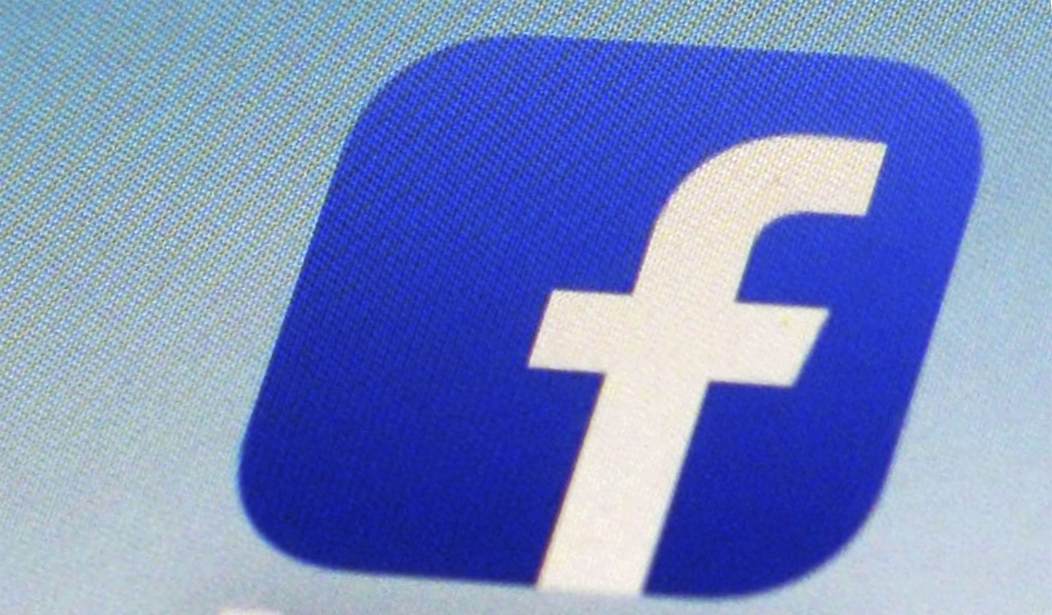Earlier this month I wrote about a pretty persuasive argument published at the Atlantic by author David Zweig. Zweig argued at some length that a study which was heavily promoted and relied upon by the CDC to defend the strict mask requirement for school children. Zweig didn’t just offer his personal opinion on the study, he spoke to eight other academics who reviewed the methodology used in the study and found that it severely flawed.
Reason’s Robby Soave also wrote a piece about the Atlantic investigation. His was titled, “The Study That Convinced the CDC To Support Mask Mandates in Schools Is Junk Science.” Recently, someone notified him that they had attempted to share his piece on Facebook but it was immediately blurred out and labeled as containing “false information.” Soave discovered that he’d run afoul of one of Facebook’s outside fact-checkers, an organization called Science Feedback:
Neither Zweig’s article nor mine makes the claim that masks don’t work on kids, or that masks fail to limit transmission in schools. Both addressed a single study that concerned mask mandates.
Intriguingly, Zweig’s article did not receive the same “false information” label. When I attempted to share it on Facebook, I received no warning. My Reason article, on the other hand, generated the following disclaimer from the social media site: “Pages and websites that repeatedly publish or share false news will see their overall distribution reduced and be restricted in other ways.”…
I contacted both Facebook and Science Feedback, seeking clarification and correction. On Tuesday, Science Feedback admitted that they had flagged my article erroneously and that they would remove the “false information” label.
“We have taken another look at the Reason article and confirm that the rating was applied in error to this article,” they wrote. “The flag has been removed. We apologize for the mistake.”
As far as I know, the piece I wrote was never blocked or banned on Facebook but given that Facebook is a big source of traffic for nearly every news site it would be a problem if that were to happen. In Soave’s case, the problem was resolved but it’s somewhat suspicious that his article was blocked for a time while the original piece it was based on (from the Atlantic) was not blocked. Clearly there was nothing objectionable in either piece which is why the ban on the piece was retracted. But how exactly did that error take place? It’s a bit odd that people who help decide what the rest of us can see don’t have to account for their own errors.
If this were an isolated incident it would be easy enough to ignore it. Accidents do happen to the best of us. But there’s at least one other case where the same fact-checker appears to have given a rating in error and then refused to correct itself. Robby Soave notes that John Stossel is suing Facebook because a couple of his videos were labeled “misleading” and “partly false” by a sister-site called Climate Feedback. Stossel couldn’t get a response from the site’s editor but was able to interview two of the scientists who allegedly had problems with claims he made about wildfires in one of his videos. To their credit, both scientists admitted they’d never watched his video and after watching it one of them said it seemed like he’d made a balanced, if arguable, point. Here’s the clip Stossel made in September explaining his lawsuit:








Join the conversation as a VIP Member